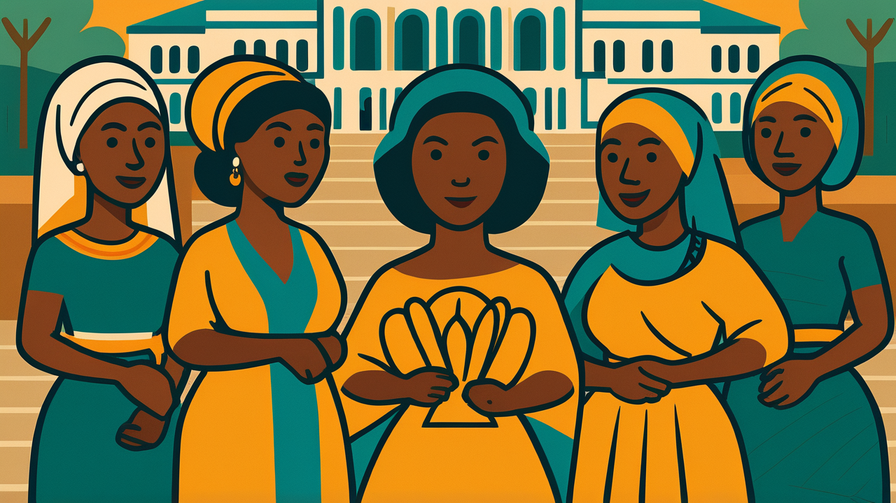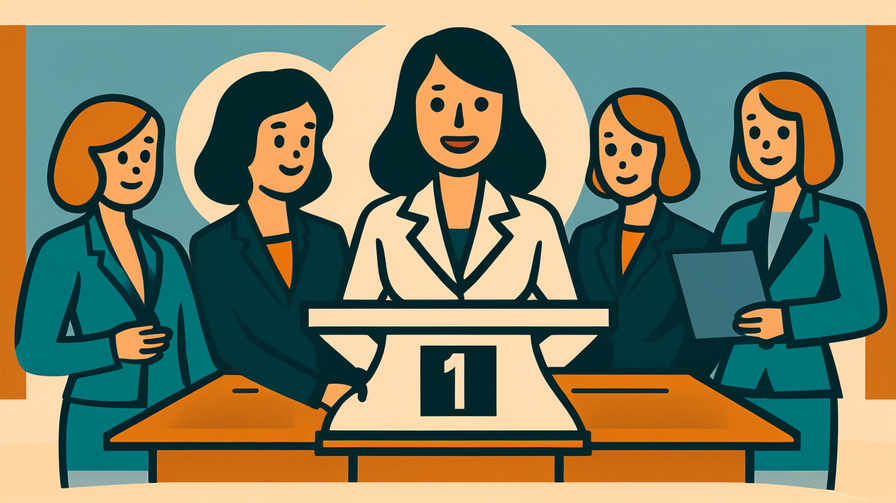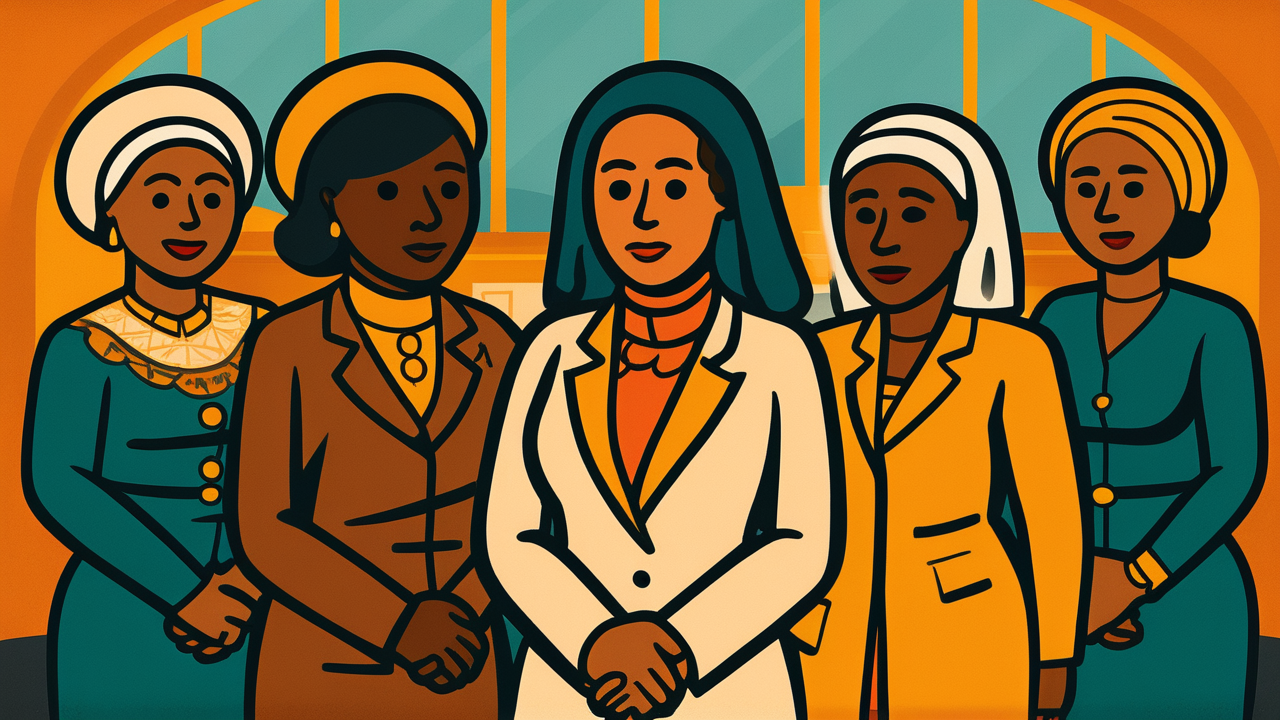[Disclaimer] This article is reconstructed based on information from external sources. Please verify the original source before referring to this content.
News Summary
The following content was published online. A translated summary is presented below. See the source for details.
Senegal experienced a significant setback in gender equality following its 2024 political transition, with women’s representation in government plummeting from approximately 40% to less than 20%. This dramatic decline occurred after opposition leader Bassirou Diomaye Faye won the presidency and formed a new government. The previous administration had implemented gender parity laws requiring equal representation of men and women in electoral lists and government positions. However, the new government appointed far fewer women to ministerial positions, citing priorities of competence and political loyalty over gender quotas. Women’s rights organizations have strongly criticized this regression, arguing it undermines decades of progress toward gender equality in Senegalese politics. The reduction affects not only cabinet positions but also regional governorships and other key administrative roles. This shift has sparked debates about the balance between democratic choice, meritocracy, and the importance of ensuring women’s voices in governance.
Source: Global Voices
Our Commentary
Background and Context

Senegal is a West African country known for its stable democracy and progressive policies on women’s rights. In 2010, Senegal passed a groundbreaking gender parity law requiring political parties to alternate between men and women on their candidate lists, ensuring more women could be elected to office.
Before the 2024 transition, Senegal was considered a leader in Africa for women’s political participation, with women holding about 40% of government positions. This was remarkable in a region where women often face significant barriers to political participation.
The 2024 election brought change when opposition candidate Bassirou Diomaye Faye defeated the incumbent president. While democratic transitions are normal and healthy, this one had an unexpected consequence: a dramatic reduction in women’s representation.
Expert Analysis
The new government’s approach reflects a debate happening worldwide: should governments use quotas (required numbers) to ensure women’s representation, or should they focus only on choosing the “best” candidates regardless of gender?
Those defending quotas argue that without them, women face invisible barriers that prevent equal participation. These barriers include:
• Cultural expectations that politics is “men’s work”
• Less access to political networks and funding
• Greater family responsibilities that limit campaign time
• Voter bias against female candidates
Critics of the new government say claiming to choose based on “competence” ignores that many qualified women were available but overlooked. They argue this shows why quotas remain necessary.
Additional Data and Fact Reinforcement
The numbers tell a stark story:
• Women in cabinet dropped from 11 out of 30 ministers to 5 out of 30
• Female regional governors decreased from 6 out of 14 to 2 out of 14
• This means roughly 200 fewer women in senior government positions
• Senegal dropped from 4th to 15th place in Africa for women’s political representation
Research shows that when women are in government, policies often better address issues like education, healthcare, and family welfare – areas that affect everyone but are often overlooked when only men make decisions.
Related News
This setback in Senegal contrasts with progress elsewhere in Africa. Rwanda leads the world with 61% women in parliament. South Africa, Namibia, and Ethiopia have also increased women’s political participation through various measures.
Globally, only 27% of parliamentary seats are held by women, showing how far the world still has to go for equal representation. The UN’s Sustainable Development Goals target gender equality in political participation by 2030.
Summary

Senegal’s dramatic reduction in women’s government representation shows how quickly progress can be reversed without strong commitments to gender equality. While the new government argues it selected based on merit, the sharp decline suggests systemic barriers still prevent women from being considered equally. For young people, especially girls interested in politics, this case demonstrates why laws and policies promoting equality matter – good intentions alone don’t create equal opportunities. The debate continues: how can democracies ensure all citizens, regardless of gender, have equal chances to lead and serve their countries?
Public Reaction
Women’s rights organizations organized protests in Dakar, Senegal’s capital, demanding the government honor gender parity commitments. Many young women expressed disappointment, saying the change sends a message that their political ambitions don’t matter. Some government supporters argue that forcing gender quotas is undemocratic and that voters chose change. International organizations have expressed concern about the precedent this sets for other African democracies.
Frequently Asked Questions
Q: What are gender quotas in politics?
A: Gender quotas are rules requiring a certain percentage of political positions be filled by women (or ensuring gender balance). They’re used in over 130 countries to overcome historical barriers women face in politics.
Q: Why does women’s representation in government matter?
A: Research shows diverse governments make better decisions for all citizens. Women often prioritize different issues like education, healthcare, and social welfare. Also, in a democracy, leadership should reflect the population – and women are half the population!
Q: Can’t women just run for office without quotas?
A: They can and do, but face many barriers: less access to campaign funding, cultural biases, and family responsibilities. Quotas help level the playing field until these barriers are removed.


